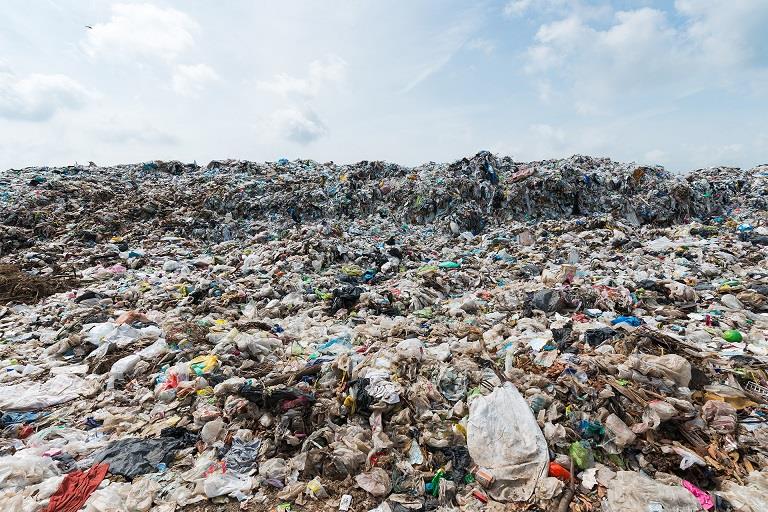Urgent reforms and investment are needed in waste management to move away from Malta’s reliance on waste disposal in landfills, the European Commission said Monday.
In particular, the country relies greatly on landfill of municipal waste and construction and demolition waste, the commission said in its Environmental Implementation Review 2025.
Malta missed by a large margin the 2020 target to recycle 50% of its municipal waste and is on a course to miss the 2025 targets of 55% recycling of municipal waste and 65% recycling of all packaging waste.
Illegal trapping and hunting of protected bird species continues to be a matter of serious concern in Malta despite two rulings of the EU Court of Justice (CJEU) in 2018 and 2024 on this matter. Furthermore, sealed, artificialised and/or degraded soil continues to increase in Malta due to over-construction.
Urban wastewater collected in Malta is not being properly treated as required by EU law.
The investment gap is an estimated €90 million per year in Malta, representing around 0.53% of the national GDP, below the EU-average (0.77%).
Malta must also ensure that Strategic Environmental Assessment (SEA) decisions, and plans and programmes in other environmental fields can be challenged by interested parties under the ‘access to justice’ fundamental right.
Where authorisations (e.g. development consents) take the form of legislation, Malta needs to provide the possibility of administrative review or judicial review, the commission said.
Malta’s circular economy is performing well: circular use of materials reached 21.5% in 2022, (almost double the EU average) and resource productivity in 2023 was EUR 2.82 per kg of material consumed (the EU average is EUR 2.23).
Malta also shows excellent records under the Bathing Water Directive: 92% of Maltese bathing waters are of excellent quality, the commission said.
Full report may be found here
